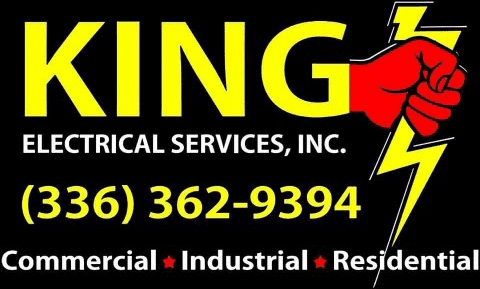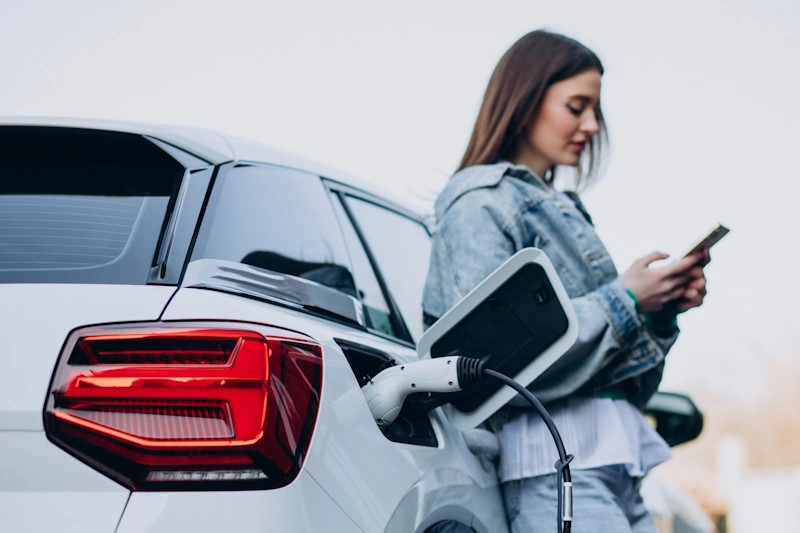How Long Does It Take to Charge an Electric Car? Understanding Charging Times and Factors
As electric vehicles (EVs) gain popularity, one of the primary concerns for potential buyers and owners is the charging time required to replenish the vehicle’s battery. Unlike refueling a conventional gasoline-powered car, charging an electric car involves a different process that depends on various factors. In this article, we will explore the factors that influence charging times for electric cars and provide insights into the different charging options available to EV owners.
How Long Does It Take to Charge An Electric Car?
The charging speed of an electric car is typically measured in kilowatts (kW) and can vary depending on the vehicle and the charging station’s capabilities. The charging speed determines how quickly the battery can regain its charge.
A 7 kW charging station will charge a vehicle slower than a 50 kW or 100 kW charging station. It’s important to note that higher charging speeds may require specific charging equipment or be available only at certain locations.
For example, if you are on Level 1 charging, that involves plugging the EV into a standard 120-volt household outlet using the provided charging cable. This charging level typically adds around 2-5 miles of range per hour. If the EV has a battery range of 200 miles and needs a full charge, it could take approximately 40-100 hours to charge completely using Level 1 charging.
Battery Capacity
Its battery capacity primarily determines the charging time for an electric car. EV batteries are measured in kilowatt-hours (kWh). Generally, the larger the battery capacity, the longer it takes to charge fully. For example, a vehicle with a 40 kWh battery will charge faster than an 80 kWh battery using the same charging station.
Charging Levels and Speeds
Electric vehicle charging is commonly categorized into three levels: Level 1, Level 2, and Level 3 (DC fast charging). Each level offers different charging speeds and requires specific equipment:
In Level 1 charging, the car is plugged into a conventional 120-volt household wall outlet. The average increase in range from an hour of Level 1 charging is 2-5 miles. It’s okay for charging while you sleep, but you might not want to use it daily.
When charging at Level 2, a 240-volt charging station is used instead of a regular wall outlet. The range of a car can be increased by 10 to 30 miles per hour using this charging, depending on the vehicle and the charging station. Charging at Level 2 is suitable for use in private residences, commercial settings, and public charging stations.
DC Fast Charging, or Level 3 Charging, is the quickest charging method currently available. It can charge an electric car at 80% or more of its capacity in about 30 minutes and uses specialized charging infrastructure. Public charging stations that provide DC rapid charging are frequently located along major roads and highways, allowing for extended travel and much less charging time.
Charging Connectors and Standards:
Various charging connectors and standards exist in the electric vehicle industry that influence how long it takes to charge an electric car. The compatibility between the vehicle and the charging station is crucial. The most common connectors include:
SAE J1772: This connector is widely used for Level 1 and Level 2 charging in North America. It is a standard connector for AC charging.
CCS (Combined Charging System): CCS is a fast-charging connector that integrates AC and DC charging. It combines the AC charging capabilities of the J1772 connector with additional DC fast-charging pins.
CHAdeMO: CHAdeMO is a DC fast-charging connector developed by Japanese manufacturers. It is commonly used by specific electric vehicle models, especially those manufactured by Japanese automakers.
Tesla Supercharger: Tesla vehicles use a proprietary charging connector and have their own extensive Supercharger network, primarily offering high-speed DC fast charging.
Charging Station Power Output
The power output of the charging station also affects how long it takes to charge an electric car. Higher-power charging stations, such as those delivering 50 kW, 100 kW, or even higher, can charge an electric car faster than lower-power stations. However, it’s important to note that the vehicle’s onboard charger must be compatible with the charging station’s power output for optimal charging speed.
Home Charging Solutions
Home charging solutions are one of the most convenient ways to charge an electric car. This typically involves installing a Level 2 charging station in your garage or driveway. Home charging allows you to conveniently plug in your vehicle overnight, ensuring it is fully charged and ready to go in the morning. It offers the advantage of avoiding public charging costs and the convenience of having your dedicated charging station.
Public Charging Infrastructure
Public charging infrastructure is an essential component of the electric vehicle ecosystem. Public charging stations are located in various places, such as shopping centers, parking lots, and highways. These stations often offer Level 2 charging, while some provide Level 3 (DC fast charging)—public charging benefits longer trips or when you must charge away from home. Many public charging stations have payment systems, allowing you to pay for your electricity.
Charging Time Considerations
While electric cars offer numerous advantages, it’s crucial to consider charging times when planning your journeys and mastering how long it takes to charge an electric car. Level 1 charging, although slow, can be helpful for overnight charging. Level 2 charging, with its higher charging rates, is suitable for more extended parking periods, such as during the workday. DC fast charging is ideal for quick top-ups during longer trips or when you need to charge quickly. Understanding the charging times associated with different charging levels will help you plan your charging strategy effectively.
Do You Need an EV Charging Station?
Looking to install an electric vehicle charging solution? Look no further than King Electrical Services! Our expert team specializes in providing top-notch EV charging solutions tailored to your needs. Whether you require home charging station installation or commercial charging infrastructure, we’ve got you covered.
Don’t miss out on the convenience and cost savings of charging your EV at home or offering charging services to your customers. Contact King Electrical Services today to discuss your EV charging requirements. Our knowledgeable staff will guide you through the process, ensuring a seamless installation and exceptional customer service.

